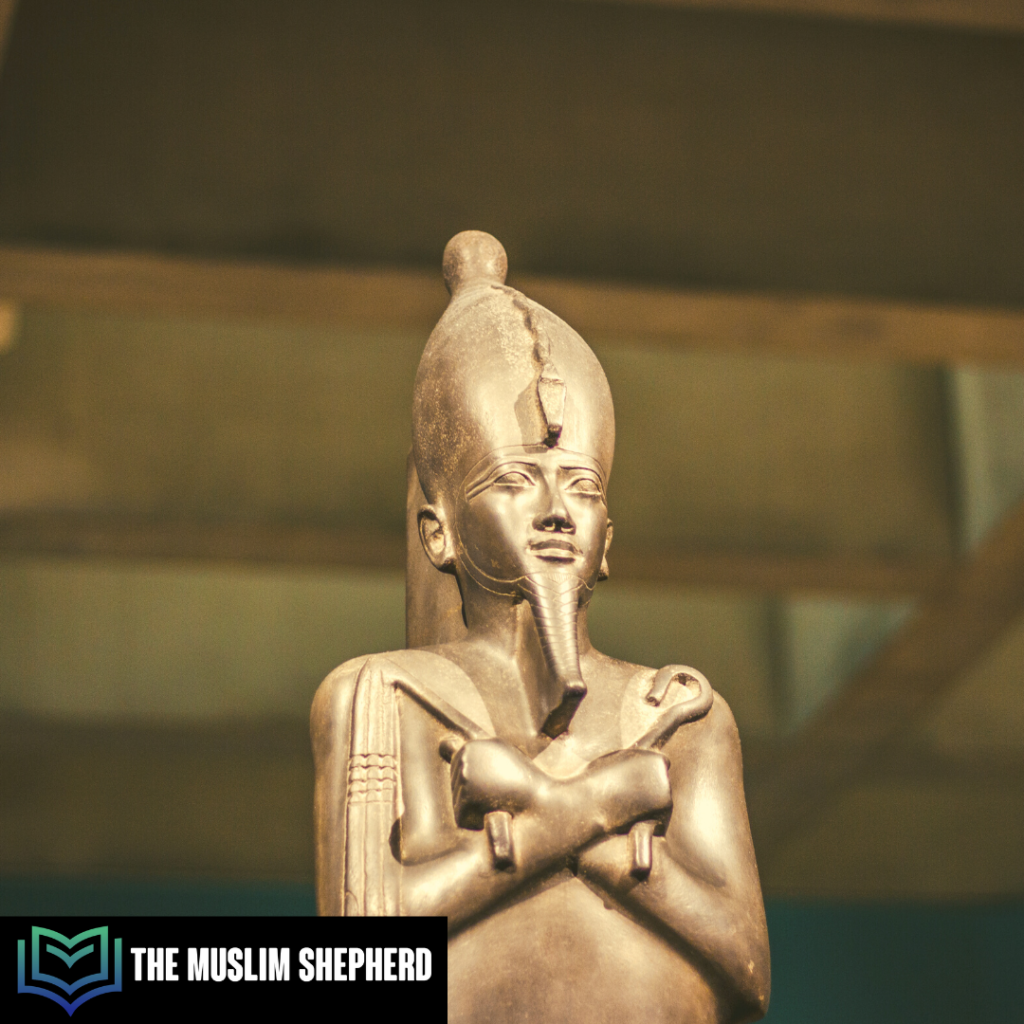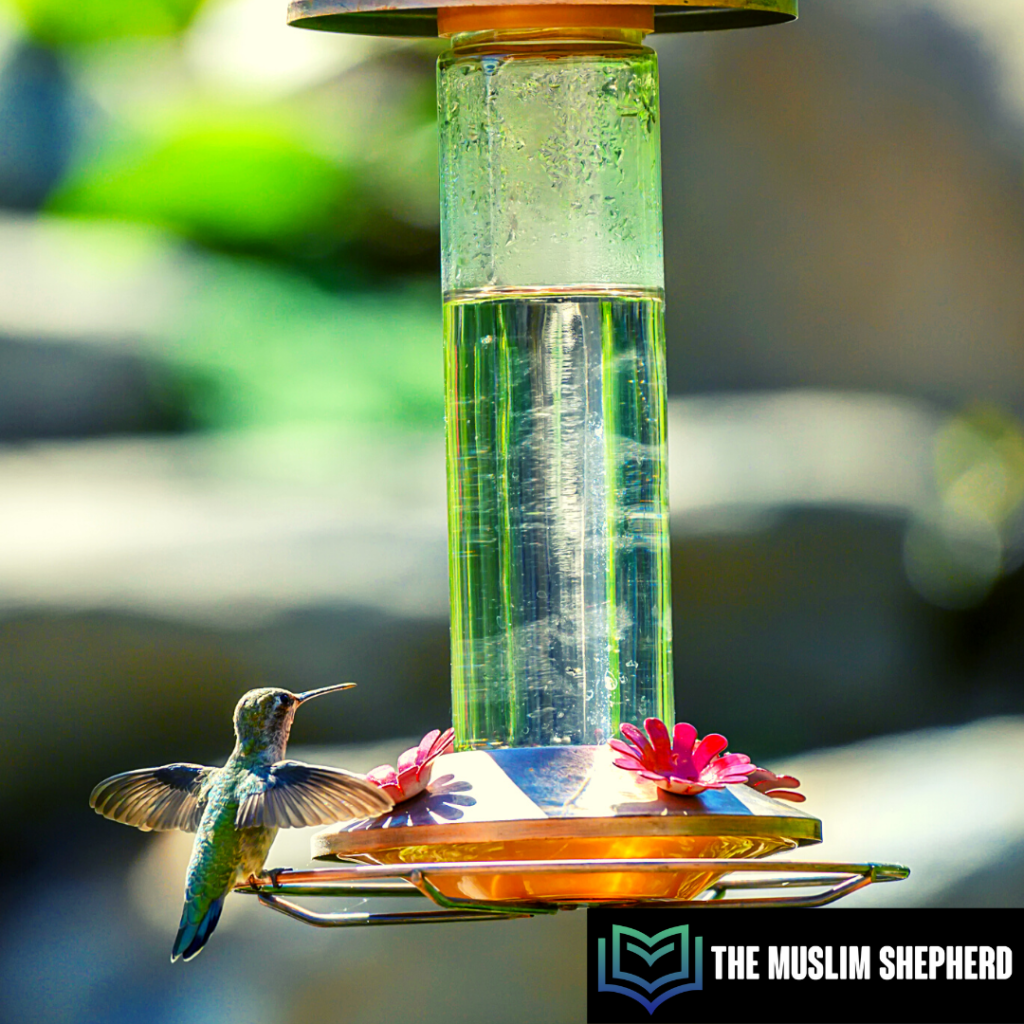Before diving into the Muslims’ misconceptions about seeking knowledge, let’s see what we can agree upon:
1- Islam encourages us to seek knowledge.
2- Muslims are not knowledge seekers.
So the question that imposes itself: ‘why’ is that?
Why we have incentives for seeking knowledge and still don’t do it?
The beginning of an answer can be found in the common misconceptions about seeking knowledge in the Muslim world.
Strange Muslims’ misconceptions about seeking knowledge
The Quran has all knowledge. We don’t need anything else

All the principles are in the Quran, but not all the implications and implementations.
If it was the case, Muhammad (ﷺ) wouldn’t send physicians to treat his people. Why he didn’t just open the Quran and look for a solution?
We know, for example, that the Prophet (ﷺ) employed Al-Harith ibn Kaladah (a companion and oldest know Arab physician) to treat people.
Also, The Quran doesn’t have info about the unknown (al ghayb) or the date of the judgment day.
The logical conclusion would be the Quran doesn’t have all the knowledge/sciences.
The Quran has some cues about the sciences. But it needs to be deepened outside religion to come up with full theory and its applications.
For example, all Muslims know that Pharaoh’s body was kept intact even after he drowned as a sign for mankind:
“So today We will (safely) deliver you with your body that you may be a sign to the ones succeeding you, and surely many among mankind are indeed heedless of Our signs.”
[Quran 10: 92]
But it took a Maurice Bucaille and his studies to take advantage of this info and popularize it to the world.
Not all knowledge is good for Muslims to study

Some Muslims have a problem with humanities like history, philosophy, and psychology. They refuse to give it a thought or dive into it.
They are more comfortable with natural sciences like physics, chemistry, and mathematics. For them, natural sciences are neutral; they have no religion.
Others go further and claim the need for Islamic natural sciences. A kind of halal physics or halal mathematics. I don’t know how they can do that or even if it makes sense!
Sciences from the West are particularly attacked, considered by some as polluted or having an evil soul.
This way of thinking is the opposite of what the Muslim world needs to catch up with the rest of the Nations.
The Prophet (ﷺ) advises us to stay away from futile knowledge. It’s the kind of knowledge that doesn’t benefit nor the ignorance of it harms.
But excluding vital fields of knowledge that can benefit to the Muslims is irresponsible.
This approach made us powerless, poor, colonized, and far behind other nations.
Learning for the bottom world vs the Hereafter

Some Muslims have a mixed neuro-associations about knowledge.
They feel bad about studying fields like accounting, finance, or biology.
They think these activities benefit only to this life (duniya) but not for the Hereafter.
On the other hand, they love what they are studying/doing.
Having mixed associations to knowledge is the source of self-sabotage. We don’t get the best results by associating a lot of negatives to what we’re doing.
This dichotomy- religion (din) vs this world (duniya) is something new. It’s the result of secularism. This idea that the spiritual and moral life should be separated from the rest.
With this paradigm, one might think that only studying the Quran and hadith are good for the Hereafter, while accounting for example only serves this life.
Nothing could be further from the truth.
Adam (a.s.) didn’t know any words. Allah taught him all names. All of it was revealed by Allah. Whatever complicated and advanced knowledge we have today, it goes back to Adam (a.s.).
Allah taught the Quran and He also taught accounting. All human knowledge is sacred to Allah.
To end up this misconception, we need to understand the difference between a worshiper and a slave.
You are a worshiper at a certain time of the day: during salat, fasting…
But you’re a slave of Allah 24/7. What that means is you can still work for your afterlife and make Allah happy outside the worshiping activities.
You can do that by studying or working on whatever benefits to others.
The video below of Nouman Ali Khan explains well how the concept of slavery to Allah frees us from this misconception about this life vs the Hereafter.
Final thoughts
I often ask myself: what kind of world could we live in if 2 billion Muslims were knowledge seekers?
It’s a world where Muslims are grounded in solid principles and do their best work in any beneficial field they like.
All people, all animals, the Earth, the Skies, could benefit from Muslims when knowledge is there.
The Messenger of Allah (ﷺ) said:
“The virtue of the scholar over the worshiper is like my virtue over the least of you. Verily, Allah, his angels, the inhabitants of the heavens and earth, even the ant in his hole and the fish, send blessings upon the one who teaches people what is good.”
[Sahih Al-Tirmidhi]
Why the inhabitants of the earth or the animals send their blessings?
Because a world where good knowledge is spread seeks to benefit all livings: the people, the animals, and the planet.
Financial crises, pollution, excessive consumption of harmful products, and diseases are just a few problems facing humanity and that Muslims can help to solve.
I’m not calling to carry the weight of this world. No one is asked to carry a burden that he/she can’t bear. But at the minimum, we can set our mind to stay lifelong learners, to seek answers for our questions, and to strive to find ways to benefit others.
Crying about our glorious past won’t change anything. Waiting for the perfect leaders doesn’t help.
Seeking knowledge is a personal responsibility. As Imam Ali (a) said:
“Oh people! Seeking knowledge is more necessary than seeking wealth because wealth has been distributed amongst you. God, the Just, has divided it amongst you and He will make it available to you, but knowledge is kept amongst certain individuals and you are responsible for seeking it from them; thus, you should ask for it.”
The Hummingbird story

I love the story of the Hummingbird inspired by the Quechua people.
“A terrible fire broke out in the forest. All of the animals were afraid and fled from their homes. The elephant and the wolf, the beaver and the bear, the owl and the rabbit.
All of them fled, except one: the little hummingbird.
While all of the creatures gathered at the edge of the forest watching it burning, the little hummingbird, would not abandon the forest.
Not feeling powerless or discouraged, the little hummingbird picked up from the stream a single drop of water in her beak.
She flew to the stream and brought back another drop, and so she continued—back and forth, back and forth.
The other animals tried to discourage the little hummingbird. They were also busy finding excuses for their inaction.
The little hummingbird couldn’t care less. She just kept bringing water one drop at a time.
Finally, the big bear said, “Little hummingbird, what are you doing?”
Without stopping, the Little Hummingbird looked down at all of the animals. She said: “I am doing the best I can.”
We sometimes underestimate what we can accomplish as individuals, but there is always something we can do.
Let’s all be hummingbirds!
Copy & Share: https://themuslimshepherd.org/misconceptions-about-seeking-knowledge/
The Muslim Shepherd
